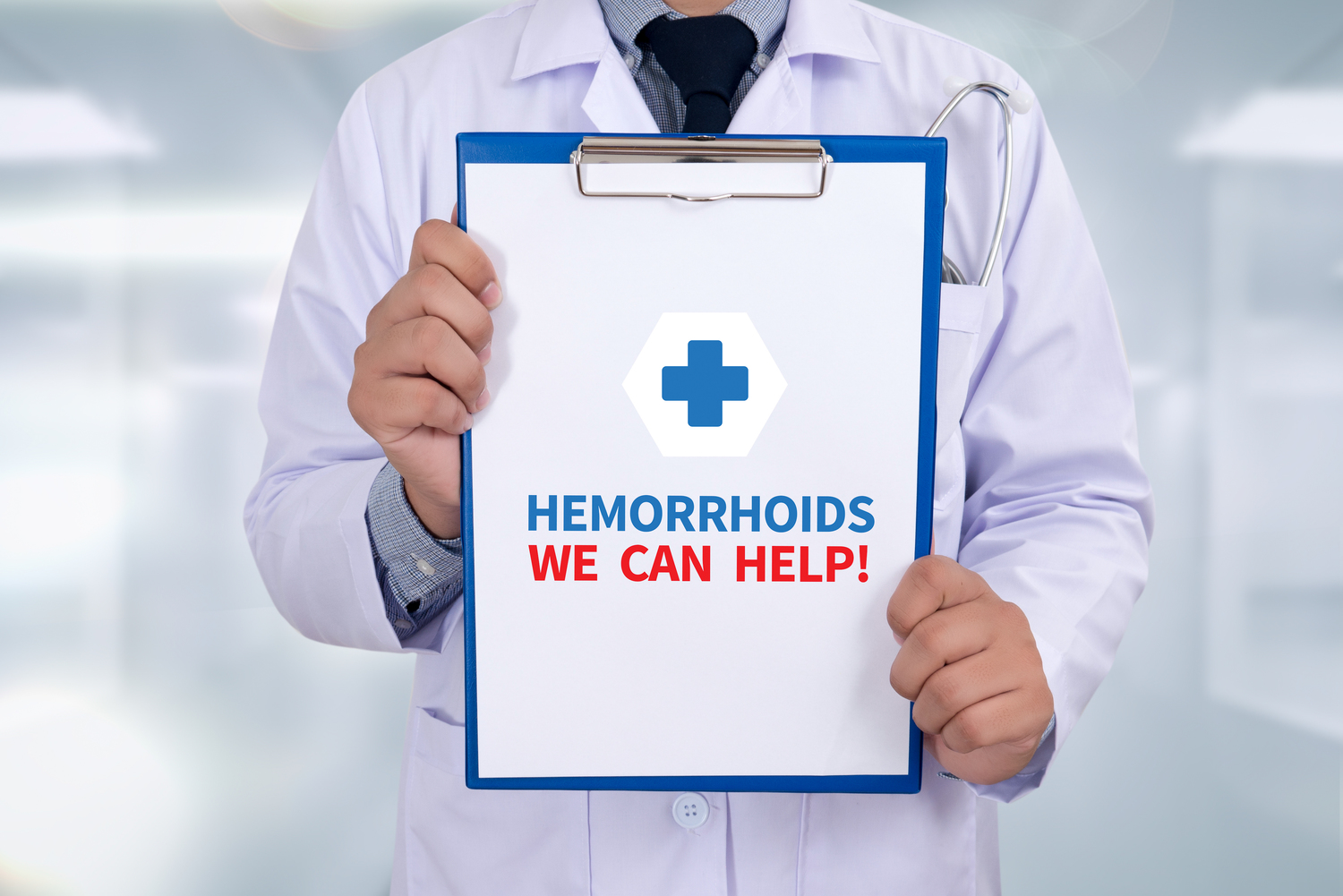Comprehensive Guide to Hemorrhoid Relief and Management
This comprehensive guide details everything about hemorrhoids, including causes, symptoms, and treatment options. Learn how lifestyle factors like diet, pregnancy, and obesity contribute to this common condition and discover effective remedies and medical interventions. Early diagnosis and proper management can alleviate discomfort and prevent complications, making this an essential resource for those affected or seeking preventative tips.

Understanding Hemorrhoids: Causes, Symptoms, and Treatments
Understanding Hemorrhoids: Causes, Symptoms, and Treatments
Hemorrhoids are swollen veins around the anal area that can cause discomfort and pain. This common condition results from increased pressure on anal veins and may affect internal or external regions. Although often not serious, symptoms include bleeding, itching, and pain. Various treatments, from lifestyle changes to medical procedures, are available. Causes include straining during bowel movements, pregnancy, obesity, or prolonged sitting. Recognizing symptoms early and seeking appropriate care can significantly improve recovery. Most cases respond well to home remedies or minor medical interventions.
The symptoms differ based on hemorrhoid type. Internal hemorrhoids often bleed and show red streaks on toilet paper or stool, while external hemorrhoids cause lumps and pain under the skin. Factors like pregnancy, obesity, or frequent straining contribute to their development. Diagnosis involves physical examination and possibly scopes to examine the rectum and colon for serious conditions. Treatment options range from dietary adjustments, topical ointments, and stool softeners to medical procedures if necessary. Addressing hemorrhoids promptly helps prevent complications.
Important Note:
The information presented here is intended to educate and guide readers. For accurate diagnosis and personalized treatment, consult a healthcare professional. This content is not a substitute for medical advice. Always seek expert consultation for persistent or severe symptoms.










